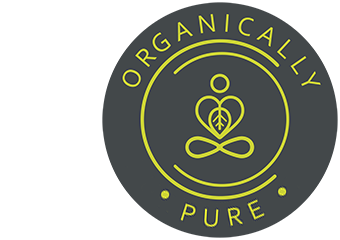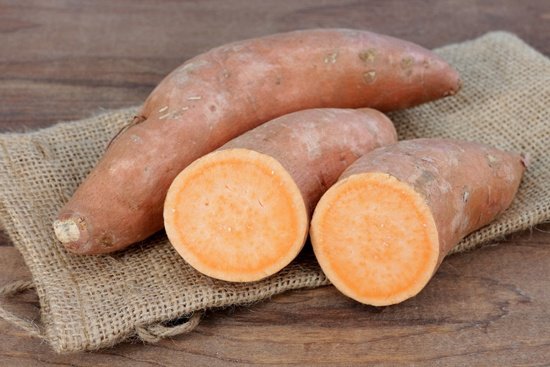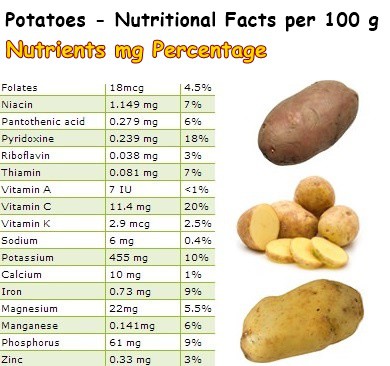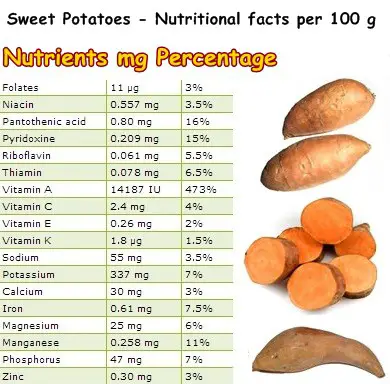The health benefits of potatoes
Potatoes have long been a favourite dietary staple, whether mashed, fried, baked, roasted or boiled they are loved the world over and therefore deserve their title as the number one vegetable crop in the world.
Potatoes were originally cultivated thousands of years ago by the Indians living in South America. They were brought to Europe around the 16th century by the Spanish explorers. During the 19th century potatoes were a relied upon food source in Ireland owing to the country's poor economy however, during the the late 1840's a blight affected the potato crop leading to what is now known as the Irish potato famine, this devastation led to nearly three-quarter of a million deaths and mass emigration.
The potato is now considered the third most important food crop in the world after rice and wheat, and is eaten by over a billion people worldwide.
The potato belongs to the nightshade family which also include tomatoes, peppers and eggplants. Over the years potatoes have been unfairly treated within the media, this is due to the way in which we choose to consume potatoes. The favoured version being fried in the form of chips or fries, then there is baked, harmless enough I hear you cry, but not once loaded with butter, cheese and the various fillings normally associated with baked potatoes.
Sadly, our choices turn a healthy vegetable into a disease promoting food, the fact is, potatoes are a great source of vitamin B6, potassium, vitamin A (sweet potatoes) and vitamin C, as well as a readily available and cheap source of dietary fiber and antioxidants.
A compound called kukoamine found in potatoes has been identified to help lower blood pressure, this compound has previously only been identified in an exotic herbal plant, and used in Chinese medicine. It is exciting to see that more studies are looking into the health benefits of the everyday foods we consume, and as a result a deeper understanding of the benefits to our health are being identified.
The high concentration of vitamin B6 makes the potato a health promoting food. This vitamin is active throughout the body and is involved in over 100 enzymatic reactions. The importance of vitamin B6 to our health and within our diet can not go understated due to its involvement in the creation of our DNA and new cell formation. It plays numerous roles within our nervous system, ensuring a healthy neurological function, helping to prevent depression and aids in the healthy production of hormones.
Eating diets rich in vitamin B6 can help to lower your overall risk of heart disease, including heart attacks and strokes. One of the ways this is achieved is through neutralising a molecule called homocysteine which is responsible for the damage to the blood vessel wall which leads to atherosclerosis.
Sweet potatoes are an excellent source of vitamin A, a powerful fat soluble antioxidant in the form of beta-carotene, this vitamin plays an important role in maintaining skin and eye health, is essential for reproduction and boosts a flagging immune system.
The nutrient content of potatoes
A closer look at the health benefits from the vitamins and minerals found in potatoes.
Vitamin C
- Supports the immune system
- Increases iron absorption
- Protects cells from oxidating damage
- Helps reduce the risk of heart disease, including coronary heart disease and stroke
- Helps in the formation of collagen, carnitine and catecholemines
Potassium - Mineral
- Supports a healthy nervous system
- Helps maintain a healthy blood pressure
- Maintains a healthy kidney function
- Regulates fluid balance
- Lowers the risk of cardiovascular disease
- Helps to improve bone and muscle health
- Helps to reduce anxiety.
Pyridoxine - Vitamin B6
- Protects the immune system
- Maintains a healthy metabolism
- Helps to produce energy from food
- Promotes healthy hormones
- Maintains healthy cells
- Assists in the absorption of vitamin B12
- Improves neurological function
- Promotes healthy brain development
- Reduces premenstrual symptoms
- Helps to prevent atherosclerosis and heart disease
Iron - Mineral
- Formation of red blood cells
- Supports healthy muscle function
- Helps in brain development
- Helps to regulate body temperature
- Supports a healthy neurological system
- Oxygen carrier from one cell to another
Manganese - Mineral
- Supports the formation of healthy bones through absorption of calcium
- Supports collagen production
- Helps with the control of blood sugar
- Contributes to the prevention of oxygen related damage and damage from ultraviolet (UV) light
- Antioxidant, fights free radical damage. Diets low in manganese have been linked to skin problems and asthma
- Proper functioning of the thyroid gland
- Promotes metabolism of fats and carbohydrates
Vitamin A (Sweet potato)
- Maintains normal skin function
- Maintains healthy vision
- Promotes a healthy functioning immune system
- Maintains a healthy neurological function
- Reduces inflammation, through fighting free radical damage
Pantothenic acid - Vitamin B5
- Reduces stress and anxiety
- Turns carbohydrates into energy
- Contributes to a healthy digestive tract
- Helps to maintain a healthy nervous system
- Keeps skin healthy and has a moisturising effect
- Essential in the metabolism of fats, protein and carbohydrates
- Helps balance and lower cholesterol levels
- Can help in the process of liver detoxification









 Organically Pure
Organically Pure 
 Reply With Quote
Reply With Quote